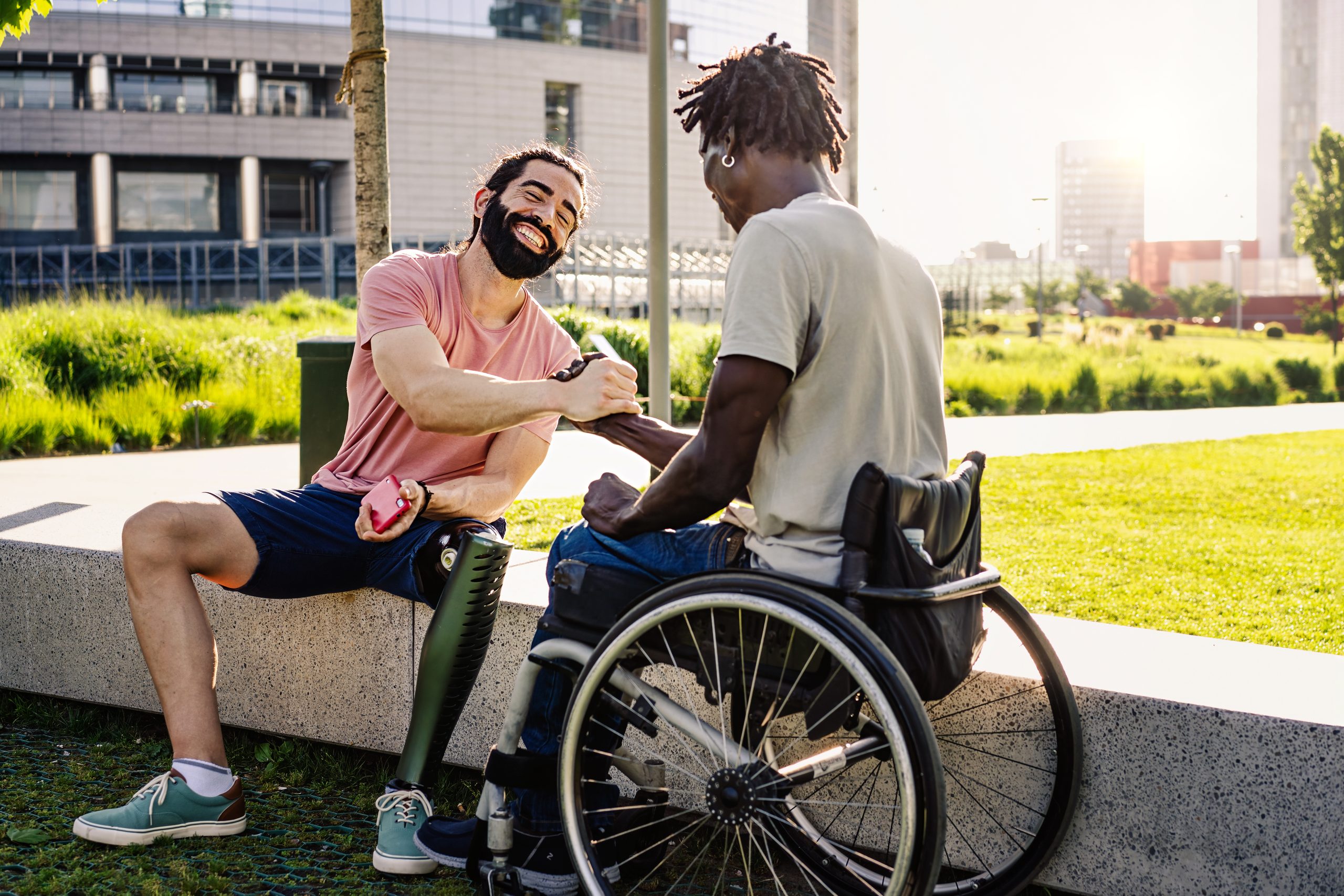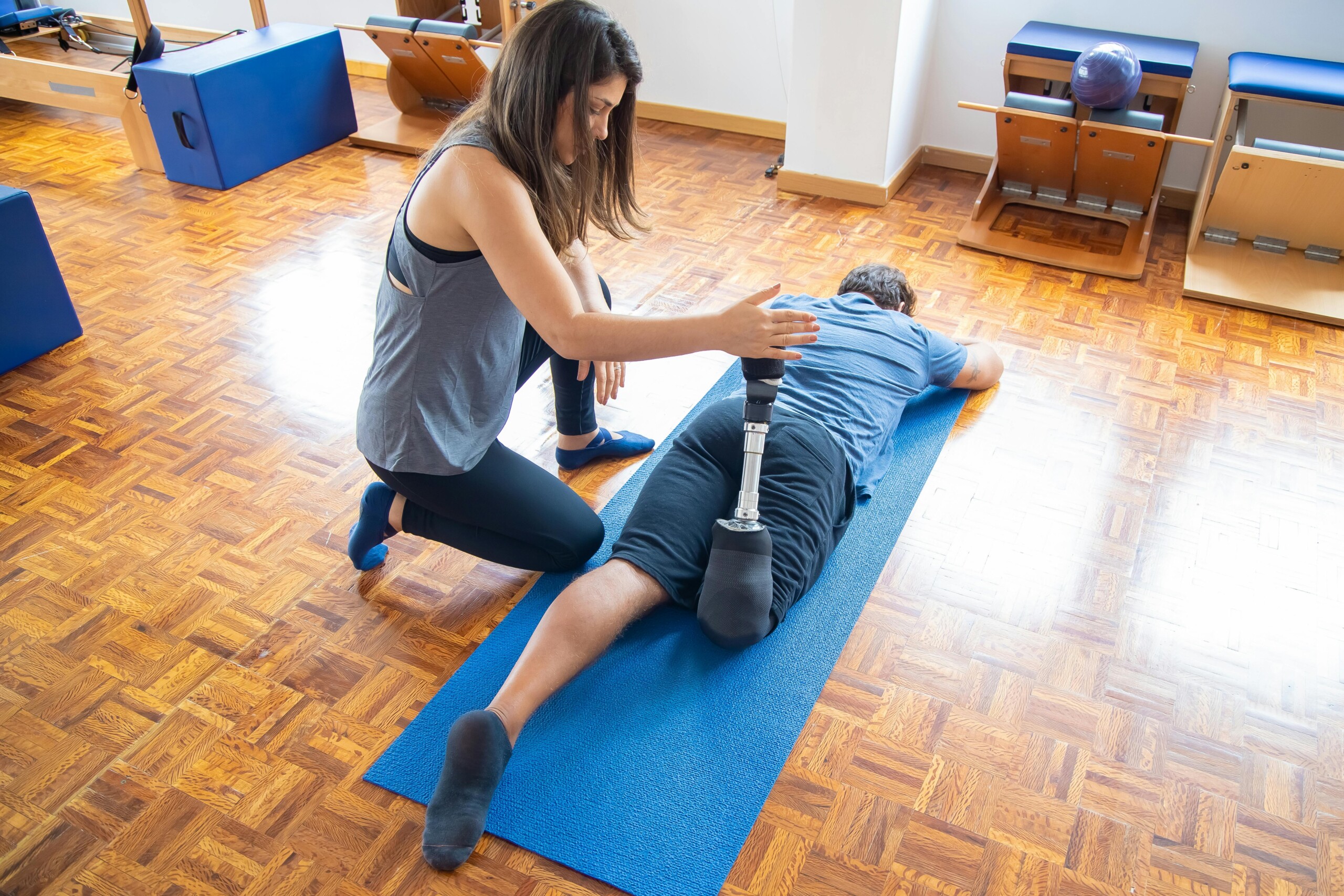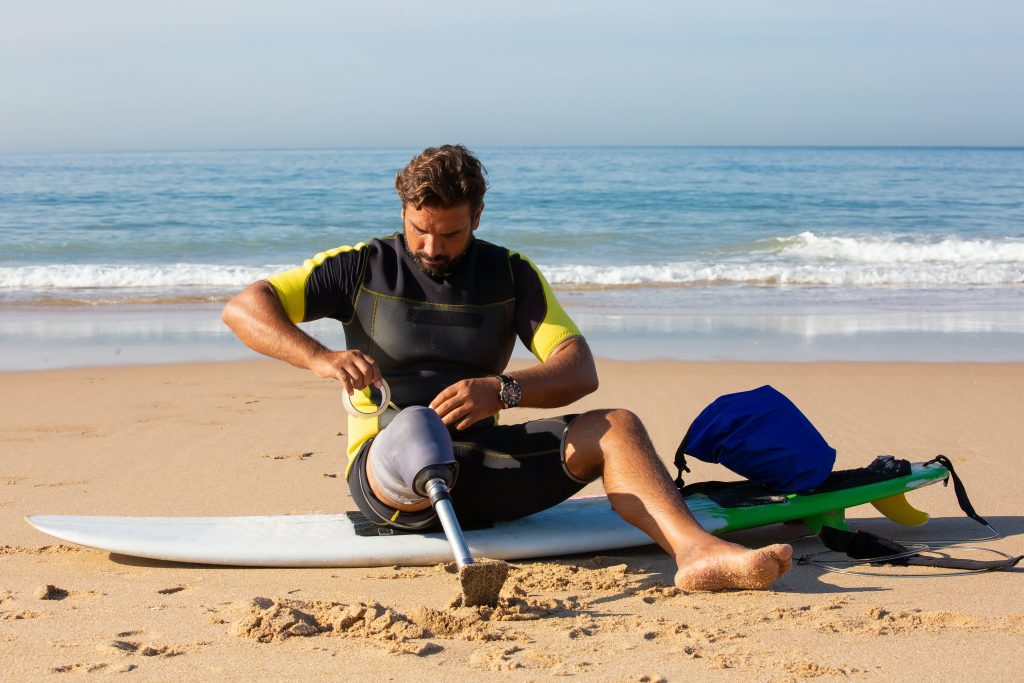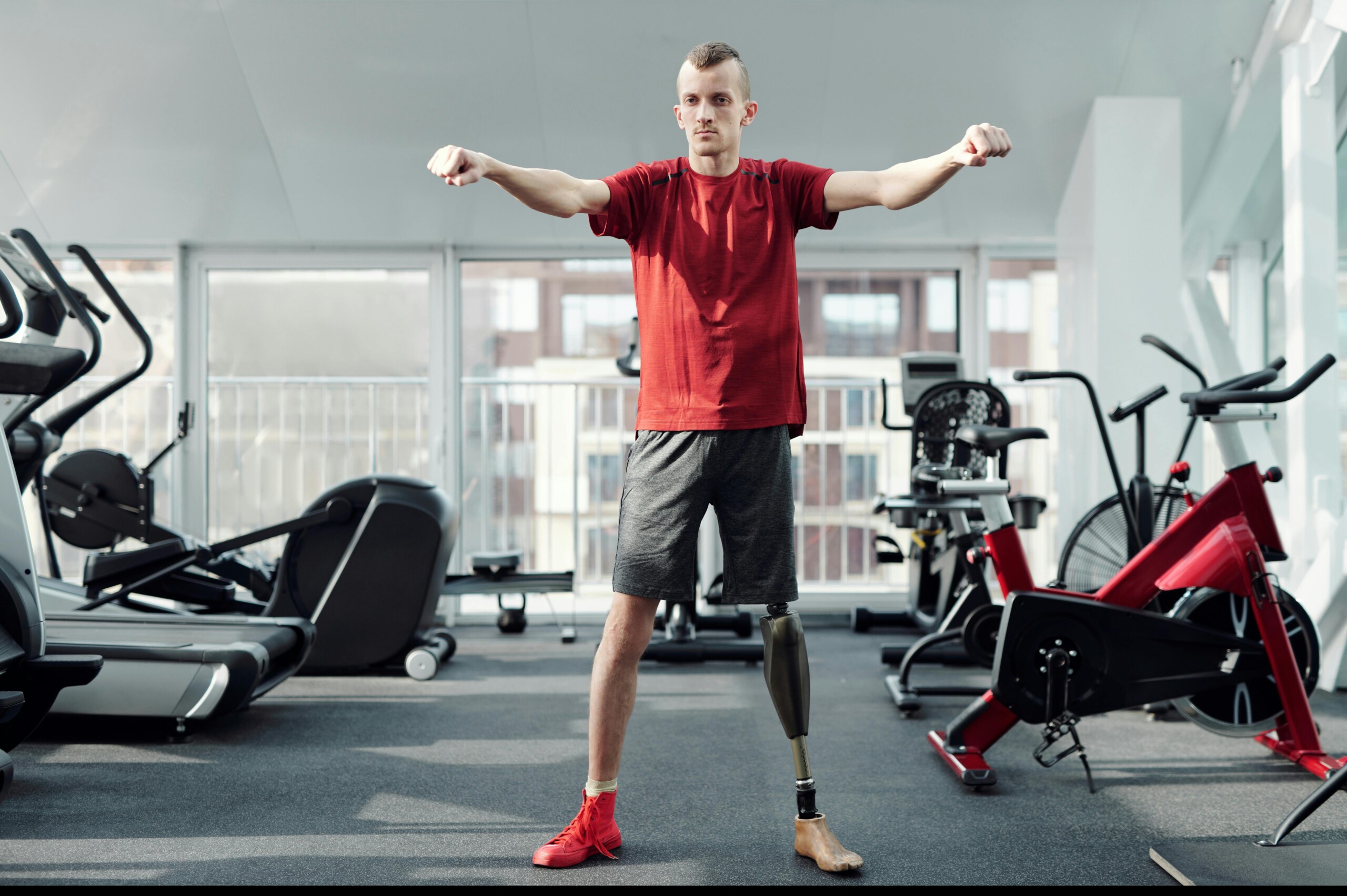
It’s fair to say no one chooses to live their life with a physical disability. Unfortunately, experiencing a major life change, like having to rely on a wheelchair or other mobility aids, can happen to everyone. The most common reasons are illness and accidents; in all cases, you’re liable to feel your life is over.
The good news is that truly it’s not. According to the latest statistics, nearly seven million Americans use assistive devices, such as wheelchairs, mobility scooters, walkers, etc. Regardless of the nature of your disability, it’s possible to adapt and live a full life.
Here are some ways to make the most of every opportunity you come across.
Get Counseling
Living with a debilitating disease is hard, especially when you know you’ll gradually lose your mobility. However, this does give you more time to prepare mentally and physically. During this time, regular counseling sessions will help you accept the future and create a plan to make the most of it.
Mentally, it can be significantly more challenging when you suddenly lose the use of your legs, go blind or deaf, or experience some other major physical change. You won’t have time to adjust to the idea and can easily see your life as being over. This is when it is vital to seek counseling. Sharing your emotions and fears will help you process them and decide on the way forward.
Counseling is essential if you want to make the most of your life with a physical disability.

Seek Compensation
You may be the type of person that likes to see the glass half full (or overflowing) and doesn’t want to get bogged down in litigating the situation. However, if you have been injured or developed a disability following an accident or negligence, you may be entitled to compensation.
The money you get will help you purchase all the extras you need in life, which will help you with your current situation (e.g., including a wheelchair, ramps at home, and other adaptations). Compensation can be sought to make your life and the lives of your loved ones easier.
Look at it this way: if you found a loved one was developing bedsores in their nursing home, you would take the matter up with the management. Regardless of their response, you would want your loved one to have the best care possible and move them into a different home. That all costs money.
You probably wouldn’t think twice about contacting an experienced attorney who is used to dealing with disability-related cases. Such expertise is valuable in securing compensation for life-changing injuries/disabilities resulting from negligence. Lawyers/attorneys in this field will ensure you receive the funds that’ll allow you to adapt and thrive.
Plus, more often than not, the compensation you receive is fair, which is all the more reason to act on it.
Choose Your Own Adventure
Once you’ve taken care of your mindset and finances, it’s time to look to the future and decide what you want to do with your life. Your disability doesn’t define you or limit your dreams – it just needs a new approach. It’s the unfamiliarity that’s frustrating; at least until it becomes familiar, and that requires both time and effort.
Anything is possible; just look at Carly Pearson completing the 100-kilometer Camino de Santiago in Spain. Or Richard Simpson, registered blind since 2019, who went to conquer the 800-kilometer Camino Francés unassisted (just with a white cane) in early 2023.
Regardless of whether you’re living with a prosthetic limb or hearing impairment (or any other disability), all you have to do is decide what adventure you want; it’ll give you back your sense of purpose. In addition, it should also be fun. Your life’s not over; it has simply changed.

Set Yourself Small Goals
To achieve your adventure, you’re going to need to set yourself some goals. It starts with getting comfortable with the chair. However, potentially the most important goal that every wheelchair user should set is to regularly lift weights.
If you’re going to propel yourself with your arms, you’ll want them to be as strong and flexible as possible.
It doesn’t happen overnight. Set yourself a schedule and as many mini-goals as you want. Every mini-goal should be relatively easy to achieve, moving you toward your overall goal. This will ensure you’re ready to undertake your chosen adventure.
You should recognize that it takes time to achieve the fitness and skill set you desire. Perseverance is essential; the end result will be worth it.
Accept Help
There are plenty of tech devices that can help you make the most of your new life. Equally, people will want to help you. It’s okay to accept their help.
You wouldn’t think twice about helping someone up a flight of steep stairs if they needed it, even if they seemed otherwise able-bodied. See offers for help with your disability in the same light, it will make your life easier and doesn’t detract from the person you have become. Similarly, spending time with family, friends, and community groups can play a major part in keeping you happy. Embrace these connections, and they’ll remind you of what’s important – you’re not alone.

It’ll take some time to get used to living with a physical disability, but it doesn’t mean you’ll never be happy or productive again. Despite the number of people with disabilities, it’s fair to say many places are not designed to accommodate them. It can be frustrating when you arrive somewhere and find the facilities aren’t any good for a wheelchair or any other aid you might be using.
This is where your preparation steps in. By not giving in to frustration or being negative, you’ll be able to find a solution to any issue. With the right mindset, tools, and support, you can thrive and achieve all your goals. In short, you can bend the world to fit your needs, even when you’re now living with a disability.
